Discover SAPIENS: A Podcast for Everything Human
SAPIENS: A Podcast for Everything Human

SAPIENS: A Podcast for Everything Human
Author: SAPIENS
Subscribed: 2,308Played: 24,943Subscribe
Share
© All content included is used with permission or licensed for exclusive use by SAPIENS.
Description
What makes you … you? And who tells what stories and why? In the SAPIENS podcast, listeners will hear a range of human stories: from the origins of the chili pepper to how prosecutors decide someone is a criminal to stolen skulls from Iceland. Join SAPIENS on our latest journey to explore what it means to be human.
92 Episodes
Reverse
Members of an encampment at a public university in New York City are on trial for felony charges. In 2024, students across the world launched encampments to challenge university financial ties to Israel in response to the genocide against Palestinians in Gaza. The City University of New York (CUNY), the largest urban public university system in the United States, celebrates and valorizes its long and storied history of activism. However, the administration reacted differently during the 2024 police raid on the Gaza Solidarity Encampment at its flagship campus in Harlem. Comparing the CUNY student movements of the mid-1990s and 2024, this episode asks: What are the conditions in which institutions like the university choose to repress struggles for social justice? At what point do stories of struggle become institutionally palatable?Thayer Hastings is a Ph.D. candidate in cultural anthropology at the City University of New York Graduate Center in New York City. He is a scholar of political anthropology, the anthropology of colonialism, and Middle East and Palestinian studies. His dissertation focuses on how everyday modes of documentation in contemporary Jerusalem, where Palestinians have to prove their presence to the Israeli state in order to maintain access to their homeland, change the way political belonging is understood.Our thanks go to Prison Radio, which published the speech Mumia Abu-Jamal gave to the CUNY encampment in April 2024. All audio samples used in this episode are from the Gaza Solidarity Encampment of April 2024. These artifacts were collected and preserved by the CUNY Encampment Archive. The CUNY Digital History Archive is a rich resource that provided much crucial background information for the social movement history of CUNY activism. *SAPIENS: A Podcast for Everything Human is produced by Written In Air. The executive producers are Dennis Funk and Chip Colwell. This season’s host is Eshe Lewis, who is also the director of the SAPIENS Public Scholars Training Fellowship program. Production and mix support are provided by Rebecca Nolan. Christine Weeber is the copy editor. SAPIENS is an editorially independent magazine of the Wenner-Gren Foundation and the University of Chicago Press. SAPIENS: A Podcast for Everything Human is part of the American Anthropological Association Podcast Library. This episode is part of the SAPIENS Public Scholars Training Fellowship program, which provides in-depth training for anthropologists in the craft of science communication and public scholarship, funded with the support of a three-year grant from the John Templeton Foundation.
In the last two decades, an unprecedented wave of Chinese investment and migration to Africa has transformed many economies on the continent. But this has also provoked a storm of controversy, as some criticize the situation as exploitative neocolonialism. Others defend this migration as development assistance and an act of solidarity between regions jointly victimized by European colonialism. In this episode, anthropologist Justin Lee Haruyama takes us to Zambia, where Chinese investment is bringing two cultures together in the country's mines. Justin speaks with local Zambians and researchers on Chinese migration to examine the complicated impacts Chinese activity is having in Africa today.Justin Lee Haruyama is a British Columbia–based writer, researcher, and anthropologist. He is a fellow with the American Council of Learned Societies and incoming assistant professor at the University of British Columbia, Okanagan. He received his Ph.D. from the University of California, Davis, and has received grants and fellowships from the National Science Foundation, U.S. Fulbright Program, and Wenner-Gren Foundation. Justin’s research examines the controversial presence of Chinese migrants and investors in Zambia today. His writing has appeared in The Chicago Tribune, The South China Morning Post, Anthropology News, Somatosphere, Cultural Anthropology, and elsewhere.Check out these related resources:
“Jehovah’s Witnesses Are Learning Chinese to Evangelize in Zambia”
“Chinese Media Is Obsessed With Portraying China as Africa’s Savior”
“Belts, Roads, and Non-Hegemonic Dreams”
“Global China in Zambia: Labor, Capital, and Cultural Tensions”
Affective Encounters: Everyday Life Among Chinese Migrants in Zambia by Di Wu
*SAPIENS: A Podcast for Everything Human is produced by Written In Air. The executive producers are Dennis Funk and Chip Colwell. This season’s host is Eshe Lewis, who is also the director of the SAPIENS Public Scholars Training Fellowship program. Production and mix support are provided by Rebecca Nolan. Christine Weeber is the copy editor. SAPIENS is an editorially independent magazine of the Wenner-Gren Foundation and the University of Chicago Press. SAPIENS: A Podcast for Everything Human is part of the American Anthropological Association Podcast Library. This episode is part of the SAPIENS Public Scholars Training Fellowship program, which provides in-depth training for anthropologists in the craft of science communication and public scholarship, funded with the support of a three-year grant from the John Templeton Foundation.
While researching the history of parole in South Africa, a lawyer and anthropologist discovers the origins of the N2 road, which she drives everyday. Now interested in this highway’s history, she explores how this and other roads were used to expand territory and exploit people during South Africa’s colonial periods under Dutch and British rule, and how they kept people separate during the country’s apartheid government from 1948 to 1994. In the present, she learns of a new highway project that threatens to repeat this legacy of racist displacement.Nicole van Zyl is a South African lawyer and Ph.D. candidate in anthropology at the University of the Western Cape. Her doctoral research explores connections between the first systemized forms of early release from incarceration and the modern practice of parole. She is interested in how incarceration as punishment communicates belonging and exclusion from society, and how this relates to present-day conflicts around South Africa’s land redistribution as an atonement for colonial and apartheid crimes.Check out these related resources:
“Should the Proposed N2 Toll Road Through the Wild Coast Be Moved?”
Judgment Against Mining Without Community Consent: South Africa: North Gauteng High Court, Pretoria
Xolobeni the Beautiful
Pondoland Revolt
*SAPIENS: A Podcast for Everything Human is produced by Written In Air. The executive producers are Dennis Funk and Chip Colwell. This season’s host is Eshe Lewis, who is also the director of the SAPIENS Public Scholars Training Fellowship program. Production and mix support are provided by Rebecca Nolan. Christine Weeber is the copy editor. SAPIENS is an editorially independent magazine of the Wenner-Gren Foundation and the University of Chicago Press. SAPIENS: A Podcast for Everything Human is part of the American Anthropological Association Podcast Library. This episode is part of the SAPIENS Public Scholars Training Fellowship program, which provides in-depth training for anthropologists in the craft of science communication and public scholarship, funded with the support of a three-year grant from the John Templeton Foundation.
In existence for more than 70 years, the Korean Demilitarized Zone (DMZ) is the site of the longest ceasefire in the world. What can this region teach us about the long, intended—and unintended—consequences of this form of a truce?In this episode, sociocultural anthropologist T. Yejoo Kim uncovers how residents have been surviving through decades of sonic violence and propaganda, and explores recent developments in such long-lasting psychological warfare. She also details how a former excavationist remembers discovering human remains at the DMZ. Even after more than 70 years, the ceasefire allows war to reverberate through the skies and unsettle the earth below.T. Yejoo Kim is a sociocultural anthropologist researching the political economy of the Korean DMZ. She is a Ph.D. candidate at the University of California, Los Angeles. Her dissertation builds upon the anthropology of borders and the economy, diaspora and transpacific studies, and critical disability frameworks. Her research has been funded by Fulbright and the Korea Foundation.Check out these related resources:
“You and the Atom Bomb”
“Echolocation”
“The Korean War Mixed Graves”
*SAPIENS: A Podcast for Everything Human is produced by Written In Air. The executive producers are Dennis Funk and Chip Colwell. This season’s host is Eshe Lewis, who is also the director of the SAPIENS Public Scholars Training Fellowship program. Production and mix support are provided by Rebecca Nolan. Christine Weeber is the copy editor. SAPIENS is an editorially independent magazine of the Wenner-Gren Foundation and the University of Chicago Press. SAPIENS: A Podcast for Everything Human is part of the American Anthropological Association Podcast Library. This episode is part of the SAPIENS Public Scholars Training Fellowship program, which provides in-depth training for anthropologists in the craft of science communication and public scholarship, funded with the support of a three-year grant from the John Templeton Foundation.
In this episode, social anthropologist Luis Alfredo Briceño González talks about his experiences as a foreign researcher in Chile. During his fieldwork, he met Marta, a Venezuelan woman residing in an informal settlement on the outskirts of Santiago. Marta and her family held a mock election to protest not being able to vote in their home country during the presidential elections in 2024. Through her story, Luis discusses the enduring emotional and political ties that migrants often have with their home countries.Luis Alfredo Briceño González is a doctoral candidate at the Potificia Universidad Católica de Chile. His research focuses on migration and auto-constructed settlements in contexts of informality. He conducted fieldwork in Santiago de Chile, a city that has become an important host to migrants in South America. Before his Ph.D., he worked as a research assistant on the Latin American Anti-Racism in a “Post-Racial” Age project.Check out these related resources:
"Venezuela Blackout: What Caused It and What Happens Next?”
“Is One Third of Venezuela’s Population About to Flee?”
“A Multinational, Multiethnic Alternative in Chile's Migrant Settlements”
“221 Politicians, 23 Journalists, and Six Human Rights Activists Detained Since the Presidential Elections”
*SAPIENS: A Podcast for Everything Human is produced by Written In Air. The executive producers are Dennis Funk and Chip Colwell. This season’s host is Eshe Lewis, who is also the director of the SAPIENS Public Scholars Training Fellowship program. Production and mix support are provided by Rebecca Nolan. Christine Weeber is the copy editor. SAPIENS is an editorially independent magazine of the Wenner-Gren Foundation and the University of Chicago Press. SAPIENS: A Podcast for Everything Human is part of the American Anthropological Association Podcast Library. This episode is part of the SAPIENS Public Scholars Training Fellowship program, which provides in-depth training for anthropologists in the craft of science communication and public scholarship, funded with the support of a three-year grant from the John Templeton Foundation.
When it comes to the division of labor in hunter-gather societies, the stereotype is generally that men hunt and women gather. But when a recent study claimed that women in hunter-gather societies hunt just as much as their male counterparts, the finding made news around the world. But why does gender equality in the past matter so much today?This episode focuses on the complexities of work, gender, and power throughout human evolution. Evolutionary anthropologist Cecilia Padilla-Iglesias guides us through what these can tell us about gender roles in humanity’s past and the origins of uneven power dynamics.Cecilia Padilla-Iglesias is a postdoctoral researcher in evolutionary anthropology at the University of Cambridge. Her research aims to reconstruct the past of contemporary hunting and gathering people from different places in Africa to better understand the processes that shaped the enormous genetic and cultural diversity on the continent today. Her work is interdisciplinary, combining genetic, ecological, and archaeological analyses with ethnographic fieldwork among hunter-gatherer populations in the Republic of Congo. Previously, she worked in the Yucatán Peninsula, studying the drivers of linguistic diversity.Check out these related resources:
“The Myth of Man the Hunter: Women’s Contribution to the Hunt Across Ethnographic Contexts”
“Female Foragers Sometimes Hunt, yet Gendered Divisions of Labor Are Real: A Comment on Anderson et al. (2023) ‘The Myth of Man the Hunter’”
“Man the Hunter Nearing 60: An Interview With Richard B. Lee”
“Hunting and Gathering: The Human Sexual Division of Foraging Labor”
“Is 'Man the Hunter' Dead?”
“The Theory That Men Evolved to Hunt and Women Evolved to Gather Is Wrong”
*SAPIENS: A Podcast for Everything Human is produced by Written In Air. The executive producers are Dennis Funk and Chip Colwell. This season’s host is Eshe Lewis, who is also the director of the SAPIENS Public Scholars Training Fellowship program. Production and mix support are provided by Rebecca Nolan. Christine Weeber is the copy editor. SAPIENS is an editorially independent magazine of the Wenner-Gren Foundation and the University of Chicago Press. SAPIENS: A Podcast for Everything Human is part of the American Anthropological Association Podcast Library. This episode is part of the SAPIENS Public Scholars Training Fellowship program, which provides in-depth training for anthropologists in the craft of science communication and public scholarship, funded with the support of a three-year grant from the John Templeton Foundation.
Since its emergence in 1960s Harlem, the LGBTQ+ “ballroom scene” has expanded into a transnational subculture. For outsiders, understanding how a ball functions can take time. Join linguistic anthropologist Dozandri Mendoza as they “walk” us through a night at a kiki ball in Puerto Rico. They introduce us to DJs, commentators, performers, and the Boricua Ballroom children who are refashioning the techniques of their trans-cestors. Dozandri guides us through both the expectations of those on the sidelines of the ballroom runway and the anticolonial political meanings behind the Puerto Rican ballroom scene. Dozandri Mendoza is a Ph.D. candidate in linguistics at the University of California, Santa Barbara (UCSB). Their doctoral research focuses on trans forms of creative expression in the Puerto Rican ballroom scene. Dozandri explores the representation of Puerto Rican linguistic practices in the archive of ballroom history. They also examine what verbal and embodied art forms such as reading, throwing shade, commentation, and walking a category teach us about diasporic memory, decolonial critique, and trans survival. Their work centers around a multimodal and performance-based ethnographic installation called the “Kiki Ball del Palabreo” held in Puerto Rico in 2023. Dozandri’s research has been supported by a Society for Visual Anthropology/Lemelson Foundation Fellowship, the Duberman-Zal Fellowship from the Center for LGBTQ+ Studies, and grants from the Interdisciplinary Humanities Center at UCSB. Check out these related resources:
Laborivogue (Host of the ball and ballroom performance collective in Puerto Rico)
Afroponka Fest (Festival of which the Black is Ponka Kiki Ball was a part)
*SAPIENS: A Podcast for Everything Human is produced by Written In Air. The executive producers are Dennis Funk and Chip Colwell. This season’s host is Eshe Lewis, who is also the director of the SAPIENS Public Scholars Training Fellowship program. Production and mix support are provided by Rebecca Nolan. Christine Weeber is the copy editor. SAPIENS is an editorially independent magazine of the Wenner-Gren Foundation and the University of Chicago Press. SAPIENS: A Podcast for Everything Human is part of the American Anthropological Association Podcast Library. This episode is part of the SAPIENS Public Scholars Training Fellowship program, which provides in-depth training for anthropologists in the craft of science communication and public scholarship, funded with the support of a three-year grant from the John Templeton Foundation.
The United Fruit Company was a U.S. multinational corporation and at one time, the largest landholder in Central America. To maintain authority in this part of the world, the company stamped out labor reform, collaborated with U.S.-backed coups, and, oddly enough, invested in archaeology. Why?In this episode, anthropologist Charlotte Williams explores the company’s role in preserving the past. She discusses United Fruit's botched conservation project at the Maya site of Zaculeu and the ongoing impacts of that program. Charlotte Williams is a Mellon Democracy and Landscapes Initiative fellow at Dumbarton Oaks, Harvard University (2024–2025), and a Ph.D. candidate in anthropology at the University of Pennsylvania. Her research explores how archaeology as a discipline has been used in U.S. imperial projects, with a focus on how the United Fruit Company used archaeology to grow territorial power in Central America. Charlotte has worked on community museum projects, coordinated decolonizing museum programs, and co-curated an independent art exhibition.Check out these related resources:
“The Fruits of Extraction”
“Zaculeu, Guatemala: reflexiones y propuestas para un retorno local”
Zaculeu, fortaleza mam Facebook page
“Conquest and Revival at Chiantla Viejo: The Transition of a Highland Maya Community to Spanish Colonial Rule”
*SAPIENS: A Podcast for Everything Human is produced by Written In Air. The executive producers are Dennis Funk and Chip Colwell. This season’s host is Eshe Lewis, who is also the director of the SAPIENS Public Scholars Training Fellowship program. Production and mix support are provided by Rebecca Nolan. Christine Weeber is the copy editor. SAPIENS is an editorially independent magazine of the Wenner-Gren Foundation and the University of Chicago Press. SAPIENS: A Podcast for Everything Human is part of the American Anthropological Association Podcast Library. This episode is part of the SAPIENS Public Scholars Training Fellowship program, which provides in-depth training for anthropologists in the craft of science communication and public scholarship, funded with the support of a three-year grant from the John Templeton Foundation.
Culture is a force that makes us who we are. It drives social interactions and relationships, shapes beliefs and politics, ignites imaginations, and molds identities. Cultural conflicts are at the heart of many crises facing the world—increasing inequality, persistent bigotry, ecological collapse.In this season of the podcast, we’re investigating these intersections of culture: how past flashpoints echo into today, how present flashpoints are forging our futures. Through the lens of anthropology, we will examine what happens when human cultures meet, merge, and clash—and what these encounters reveal about humanity’s shared fate.Join Season 8 host Eshe Lewis and the latest cohort of SAPIENS public scholars fellows as we journey across continents to uncover where cultures collide.*SAPIENS: A Podcast for Everything Human is produced by Written In Air. The executive producers are Dennis Funk and Chip Colwell. This season’s host is Eshe Lewis, who is also the director of the SAPIENS Public Scholars Training Fellowship program. Production and mix support are provided by Rebecca Nolan. Christine Weeber is the copy editor. SAPIENS is an editorially independent magazine of the Wenner-Gren Foundation and the University of Chicago Press. SAPIENS: A Podcast for Everything Human is part of the American Anthropological Association Podcast Library. This episode is part of the SAPIENS Public Scholars Training Fellowship program, which provides in-depth training for anthropologists in the craft of science communication and public scholarship, funded with the support of a three-year grant from the John Templeton Foundation.
Host Myra Flynn unpacks one soul food recipe: collard greens, with local and world-renowned chefs, and even her own mother. Together they explore how the history of a once undesirable food mimics the resilience, innovation, and perseverance of a once considered undesirable people.*Homegoings is a: Podcast, TV show, and event-series where no topic is off the table, and there’s no such thing as going too deep. Host and musician Myra Flynn brings you candid conversations about race with artists, experts and regular folks all over the country about their literal skin in the game—of everyday life.
Can museums and archaeology harm the dead?An Indigenous archaeologist from Brazil challenges traditional approaches to studying human bones. Her work reveals how standard practices—such as assigning catalog numbers to ancient bodies—are violent and biased. As she encounters the remains of a 700-year-old child in a university museum, their stories intertwine, highlighting issues of ethics, coloniality, and ethnic erasure. This encounter prompts a discussion on how archaeology and museums can address historical wounds and counter the silencing of Indigenous histories.Mariana Petry Cabral is a Brazilian archaeologist whose research interests focus on Indigenous archaeologies, collaborative practices, and how people produce and use historical knowledge to understand who they are. She received her Ph.D. from Universidade Federal do Pará (Brazil) and is a permanent professor of the department of anthropology and archaeology at the Universidade Federal de Minas Gerais (Brazil). She was a visiting scholar at Brown University in 2023 and is working on a project about the relevance of archaeological narratives about the past to imagine more inclusive and diverse futures.Check out these related resources:
"Finding Footprints Laid at the Dawn of Time”
"Indigenous Cultures Have Archaeology Too”
Museum of Natural History and Botanical Garden, UFMG
"From Structures to Bodies and Beings: The Perishable Vestiges of Lapa do Caboclo, Diamantina, Minas Gerais”
Follow the Indigenous archaeologist Bibi Nhatarâmiak on Instagram
As a form of popular culture, comics have provided humor, action, and entertainment to readers of all ages and across generations. But comics also intertwine art and humor to creatively make political statements, challenge media censorship, and address controversial issues of the times.This podcast episode focuses on how comics can be tools for social action and transformation by highlighting the life history of the first woman Pakistani comic artist Nigar Nazar and her character Gogi, whom she created in the 1970s. Gogi comics shed light on important themes of education, health, rights, and other critical women’s issues in Pakistan and the broader Muslim world and how they are transforming over time.Join cultural anthropologist Sana Malik and host Eshe Lewis as they talk about Gogi, the transgressive potential of comics and art, and how comics are relevant in Pakistan today amid new social movements and the social media boom.Sana Malik is a cultural anthropologist who studies women’s political agency in urban Pakistan. She is a Ph.D. candidate at Emory University. Her research has been funded by the Wenner-Gren Foundation and the Social Science Research Council. Sana’s dissertation draws on the anthropology of rights and social movements, social generations studies, and feminist ethnography to explore how activists and ordinary women engage in movements for social justice and rights in urban Pakistan.Check out these related resources:
Gogi Studios
“Aurat March: Pakistani Women Face Violent Threats Ahead of Rally”
“Gogi, the Heroine Created by Pakistan's First Female Cartoonist”
“Confronting Xenophobia Through Food—and Comics”
“When Anthropology Meets the Graphic Novel in Thailand”
Where is your smartphone right now?If you’re like most smartphone users in the United States, it’s probably within a few feet of your reach, if not sitting in your hand. In the last 15 years, smartphones have quickly, seamlessly, and profoundly been embedded in the daily lives of most Americans. There are now few, if any, domains of modern life that are unaffected by smartphone use.This episode explores our interactions and relationships with these pocket-sized computers we call smartphones through the research of Alberto Navarro, a doctoral student at Stanford University. Drawing from inventor Steve Jobs’ view that the computer represents “the equivalent of a bicycle for our minds,” Navarro explores what computers represent for humans in evolutionary and energetic terms.Alberto Navarro is a Ph.D. candidate in anthropology at Stanford University. He is interested in how tools allow humans to flexibly modify the structure and functions of their bodies and minds. Following in the anthropological tradition of making the familiar strange, his dissertation explores ways in which smartphone use in the United States is transforming many of the most basic features of human existence and experience. He believes improving our relationship with smartphones is one of the most impactful things we can do to enhance our everyday performance and well-being.Check out these related resources:
Steve Jobs Interview, “Bicycle for Our Minds”
“How People Actually Use Their Smartphones”
“Do Mobile Phones Set Citizens Free?”
“How Cellphones Make and Break Human Connections”
María Pía Tavella is an Argentine biological anthropologist and science writer. In conversation with host Eshe Lewis, María shares a snapshot of the multiple hurdles the scientific community is facing in Argentina and reflects on the role of science communication. How is scientific research related to our daily lives? In what ways are science contributions so valuable to our societies that we shouldn't cut spending on them, even in times of economic crisis?María Pía Tavella received a Ph.D in anthropology from the Universidad Nacional de Córdoba (Argentina) and is an assistant professor in human evolution in the same institution. María Pía’s dissertation sheds light on pre-Hispanic population dynamics in central Argentina through the study of ancient DNA. She works for the National Scientific and Technological Research Council of Argentina as a science communication and outreach officer. María Pía is also interested in bioethics and the social implications of genetic research.Check out these related resources:
“‘Despair’: Argentinian Researchers Protest as President Begins Dismantling Science”
“Argentinians Stage Nationwide Strike Against Javier Milei’s Far-Right Agenda”
“‘The State’ Is a Story We Tell Ourselves”
“Can Protestors Humanize the Police?”
“A Radical Recentering of Dignity”
Discussions about the impacts of dams around the world are often focused on the displacement of communities due to the creation of reservoirs and the submergence of towns and cities. What happens when a dam affects more people downstream than it displaces upstream? How does a dam impact humans living downstream?In this episode, Parag Jyoti Saikia shares how the Subansiri Lower Hydroelectric Project, one of India’s largest dams under construction, will impact the lifeways of Indigenous communities living downstream of the dam. The dam will not displace them. Instead, it will change the ways in which the river currently flows. Delving into people's relationship with the river and their understanding of its flows, Parag describes the dam’s environmental, sociocultural, and political consequences for communities living downstream.Parag Jyoti Saikia is studying the construction of a hydropower dam in India to understand how infrastructures in the making shape everyday life, the environment, and geopolitics. He is a Ph.D. candidate in anthropology at the University of North Carolina, Chapel Hill. His research is supported by the Wenner-Gren Foundation’s Dissertation Fieldwork Grant and the Social Science Research Council’s International Dissertation Research Fellowship. For nearly a decade, Parag has been associated with grassroots organizations working on dams, rivers, and the environment. He has been writing about these issues in English and Assamese, his mother tongue.Check out these related resources:
“Writing Indigenous Oral Tradition to Fight a Dam”
“The UNESCO Site That Never Was”
“Damming the Northeast”
“Arunachal’s Unfinished Lower Subansiri Dam Could Be Tomb for India’s Giant Hydropower Projects”
“Bhupen Hazarika Setu and the Politics of Infrastructure”
Funeral traditions around the world involve a range of rituals. From singing to burying to … eating. Why is food such a common practice in putting our loved ones to rest?In this episode, Leyla Jafarova, a doctoral student at Boston University, examines the role of funeral foods in different cultural contexts—from the solemn Islamic funeral rites of the former Soviet Union to the symbolic importance of rice in West Africa. Food rituals help with bereavement because they carry cultural symbols, foster social cohesion, provide psychological comfort, and contribute to the expression of collective grief and remembrance within communities. Through food, human societies navigate the universal experience of death and mourning.Leyla Jafarova is a Ph.D. candidate in sociocultural anthropology at Boston University. Her doctoral research focuses on the emergence and development of humanitarian ethics of care for the unidentified dead in post-war Azerbaijan and the production of knowledge in this regard. Leyla also explores how families of missing persons in post-war Azerbaijan construct their personal truths and navigate their experiences of loss and healing. She is examining how their alternative truths often exist alongside and are sidelined by dominant humanitarian regimes of truth that exclusively rely on forensic scientific evidence. This research has been supported through a Wenner-Gren Dissertation Fieldwork Grant and by a Graduate Research Abroad Fellowship through Boston University.Check out these related resources:
Dying to Eat: Cross-Cultural Perspectives on Food, Death, and the Afterlife, edited by Candi K. Cann
Ways of Eating: Exploring Food Through History and Culture by Benjamin Aldes Wurgaft and Merry White
“Who First Buried the Dead?”
What role does gossip play in human societies? In this episode, Bridget Alex and Emily Sekine, editors at SAPIENS magazine, chat with host Eshe Lewis to explore gossip as a fundamental human activity.They discuss gossip’s evolutionary roots, suggesting it may have developed as a form of "vocal grooming" to maintain social bonds in groups. It also helps enforce social norms, they argue, offering a way to share information about people’s reputations and control free riders. Their conversation also touches on how gossip can aid in navigating uncertainties and expressing care.Bridget Alex earned her Ph.D. in archaeology and human evolutionary biology from Harvard University. Supported by the National Science Foundation, the Fulbright Program, and other awards, her research focused on the spread of Homo sapiens and extinction of other humans, such as Neanderthals, over the past 200,000 years. Prior to joining SAPIENS, Bridget taught anthropology and science communication at the California Institute of Technology, Pasadena City College, and Harvard University. Her pop-science stories have appeared in outlets such as Discover, Science, Archaeology, Atlas Obscura, and Smithsonian Magazine. Follow her on Twitter @bannelia.Emily Sekine is an editor and a writer with a Ph.D. in anthropology from The New School for Social Research. Prior to joining the team at SAPIENS, she worked with academic authors to craft journal articles and book manuscripts as the founder of Bird’s-Eye View Scholarly Editing. Her anthropological research and writing explore the relationships between people and nature, especially in the context of the seismic and volcanic landscapes of Japan. Emily’s work has been supported by the Wenner-Gren Foundation, the National Science Foundation, and the Society of Environmental Journalists, among others, and her essays have appeared in publications such as Orion magazine, the Anthropocene Curriculum, and Anthropology News.Eshe Lewis is the project director for the SAPIENS Public Scholars Training Program. She holds a Ph.D. in cultural anthropology from the University of Florida and has spent the past 10 years working with Afro-descendant peoples in Peru on issues of social movements, women’s issues, Black feminism, and gender violence. Eshe is based in Toronto, Canada.Check out these related resources:
"What Is Linguistic Anthropology?"
"Why Envy Might Be Good for Us"
"Why Do We Gossip"
Today most people around the world are using digital gadgets. These enable us to communicate instantaneously, pursue our daily work, and entertain ourselves through streaming videos and songs. But what happens when our past digital activities become evidence in criminal investigations? How are the data that mediate our lives turned into legal arguments?An anthropologist searches for answers.Onur Arslan is a Ph.D. candidate in anthropology at the University of California, Davis, who works at the intersections of science and technology studies, visual anthropology, law, and social studies. He graduated from Istanbul University with a B.A. in political science and international relations, and from Bilgi University with an M.A. in philosophy and social thought. For his Ph.D. research, he is investigating how digital technologies reshape the production of legal knowledge in terrorism trials. Through focusing on Turkish counterterrorism, he examines cultural, political, and technoscientific implications of evidence-making practices. His field research is supported by the National Science Foundation, Social Science Research Council, and American Research Institute in Turkey.Check out these related resources:
“The Power of Criminal Prosecutors”
“How Bureaucracy Conceals Obligations to Afghan Refugees”
“How Rumors Tap and Fuel Anxieties in the Internet Age”
Many of our primate relatives use tools. How do they use them? And why?And what do these skills mean for understanding tools across the animal kingdom, including for us humans?In this episode, host Eshe Lewis delves into a conversation with Kirsty Graham, an animal behavior researcher. Kirsty explains how primates such as chimpanzees use tools to forage. Such innovative methods to access food reflect the basic yet profound necessities that drive tool innovation. Contrasting these findings with tool use in Homo sapiens highlights a vast range of purposes tools serve in human life.Kirsty Graham is a postdoctoral researcher at the University of St Andrews in the U.K. Their research focuses on the gestural communication of wild bonobos. They conducted fieldwork in Indonesia, Uganda, and the Democratic Republic of Congo. Before their Ph.D., they worked as a field assistant at Wamba, Democratic Republic of Congo, for the Max Planck Institute and studied at Quest University Canada, specializing in research at the Caño Palma Biological Station in Costa Rica.Check out these related resources:
"Tools of the Wild: Unveiling the Crafty Side of Nature"
"How Apes Reveal Human History"
"Meet the Ancient Technologists Who Changed Everything"
"The First Butchers"
Why do people migrate from one country to another, leaving behind friends, family, and familiarity in search of another life elsewhere? And how might their experiences look different if they are deaf? Ala’ Al-Husni is a deaf Jordanian who moved to Japan five years ago, where he still lives with his deaf Japanese wife and their family just outside of Tokyo.Reported by Timothy Y. Loh, a hearing anthropologist who researches deaf communities in the Arabic-speaking Middle East, this episode explores the joys, pains, and unexpected gains of Ala's journey and the meaning of deaf migration in a globalizing world.Timothy Y. Loh is an anthropologist of science and technology, and a Ph.D. candidate in history, anthropology, and science, technology, and society at the Massachusetts Institute of Technology in Cambridge. His ethnographic research examines sociality, language, and religion in deaf and signing worlds spanning Jordan, Singapore, and the United States. His research has been published in Medical Anthropology, SAPIENS Anthropology Magazine, and Somatosphere, and he has received support from the Social Science Research Council, the Royal Anthropological Institute, and the National Academy of Education and Spencer Foundation, among others.We thank Annelies Kusters, Laura Mauldin, and Kate McAuliff for advice on accessibility for this episode.Check out these related resources:
The MobileDeaf Project, Heriot-Watt University
“Building the Tower of Babel” and “Deaf cosmopolitanism”
Valuing Deaf Worlds in Urban India by Michele Friedner
"How Deaf and Hearing Friends Co-Navigate the World"
Deaf Gain: Raising the Stakes for Human Diversity edited by H-Dirksen L. Bauman and Joseph J. Murray


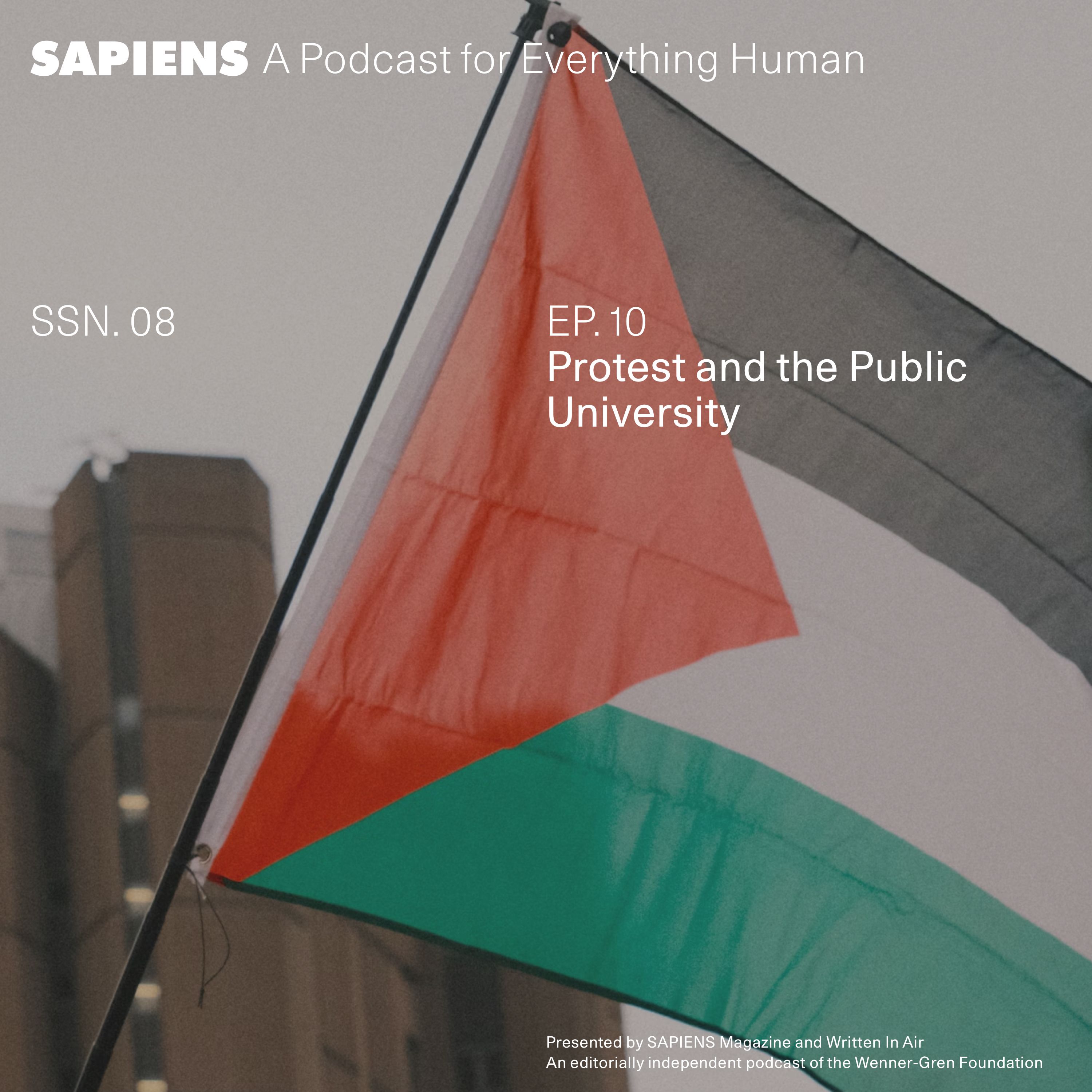
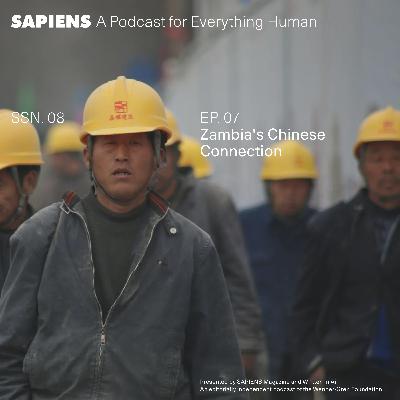
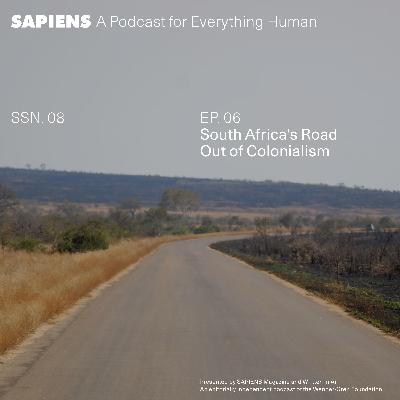
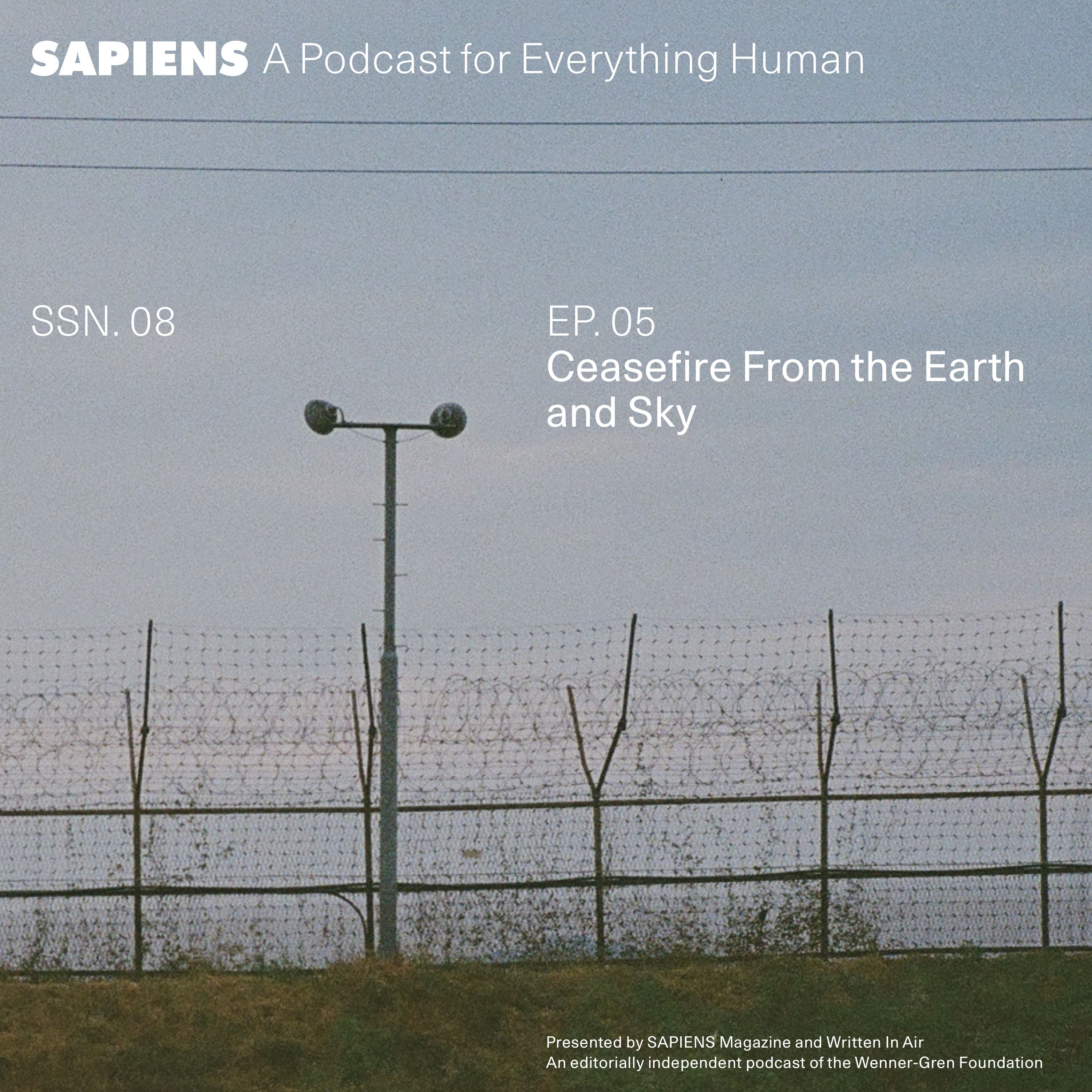
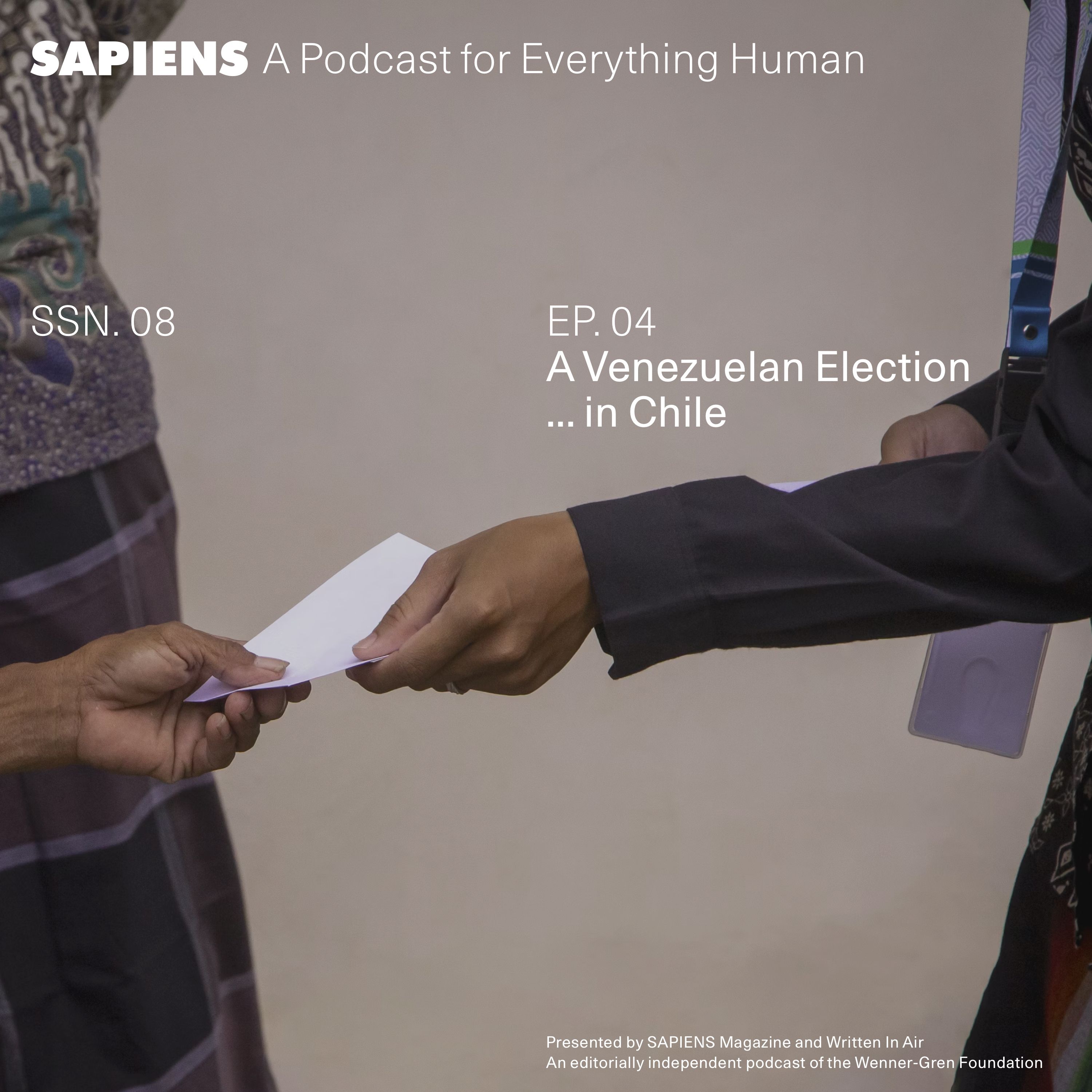
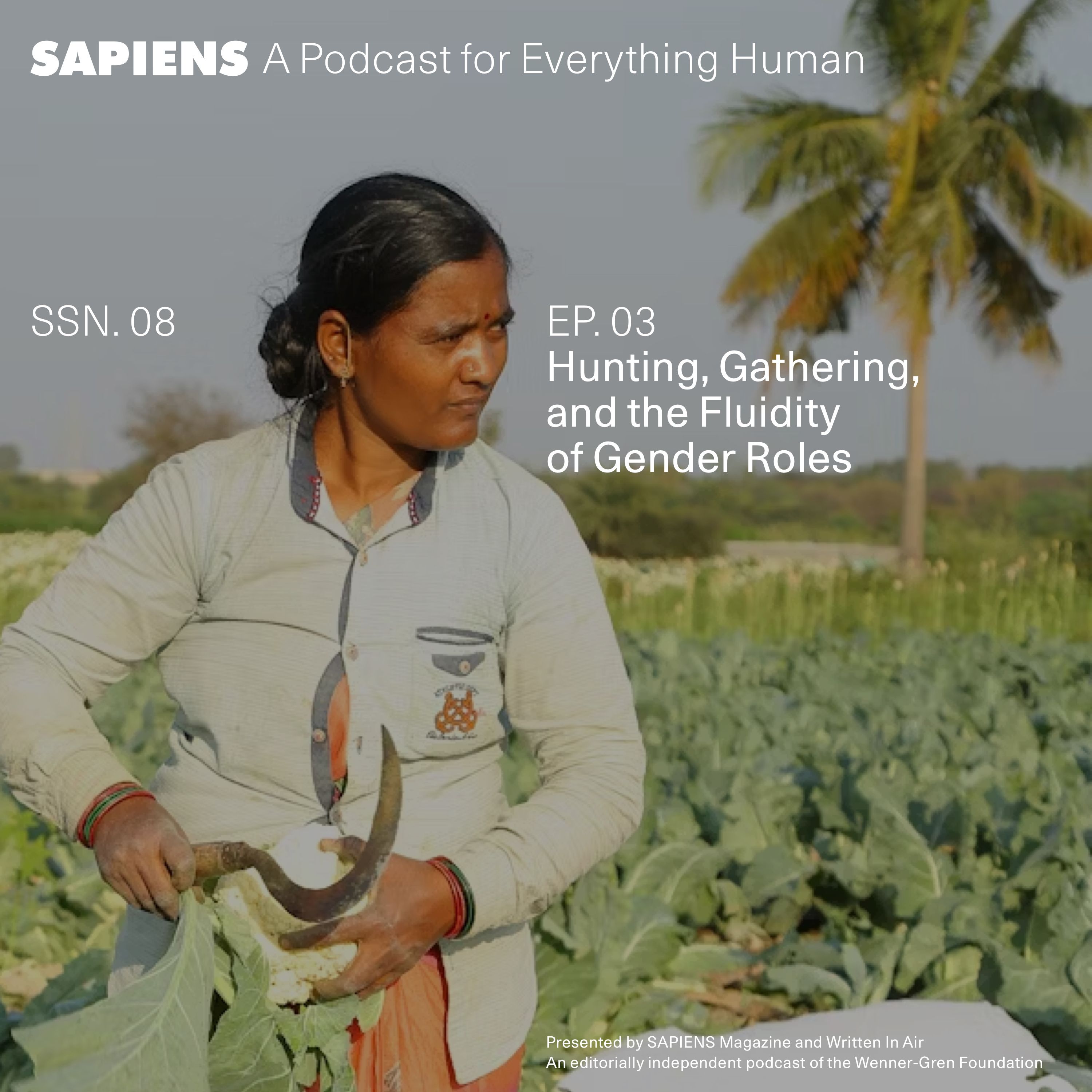
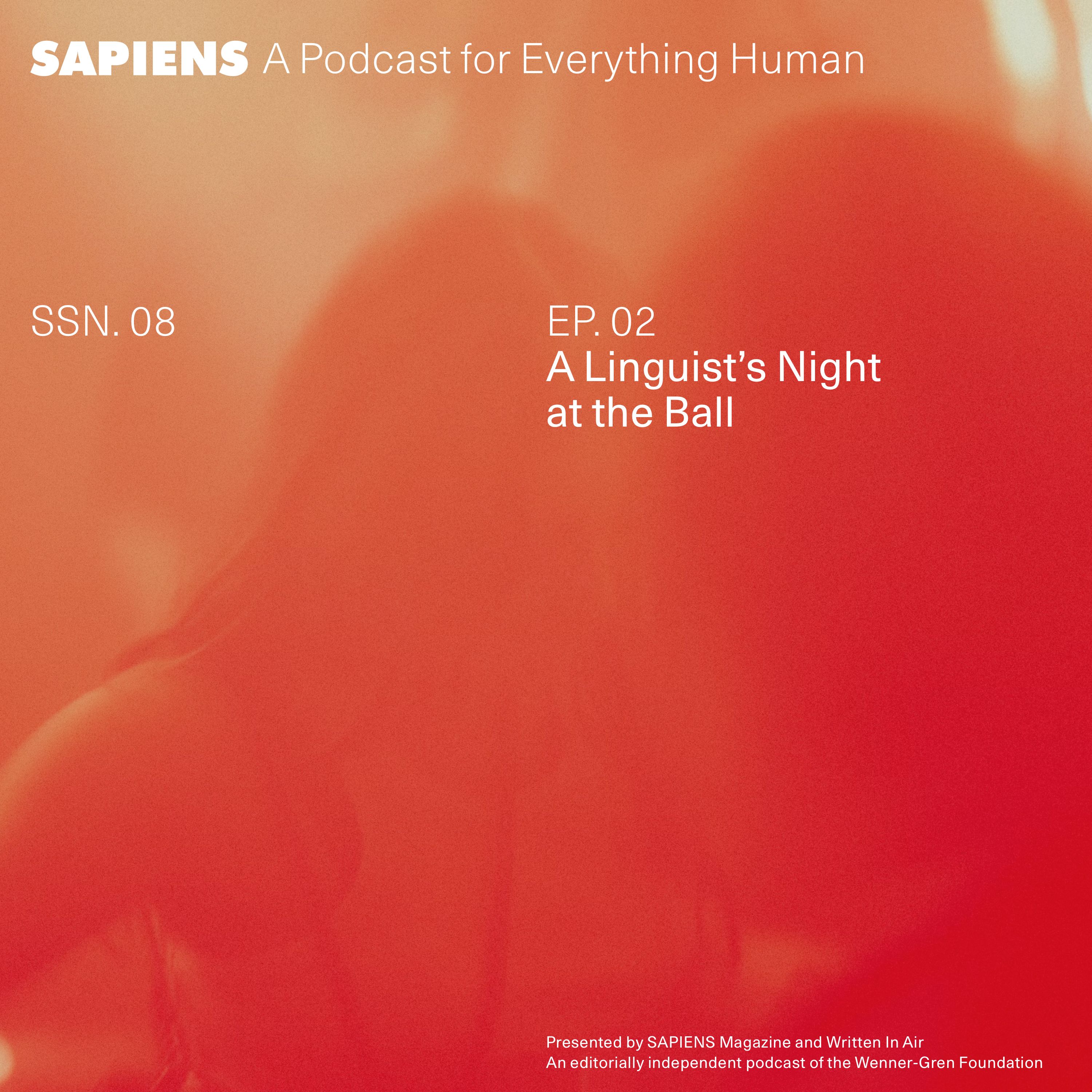
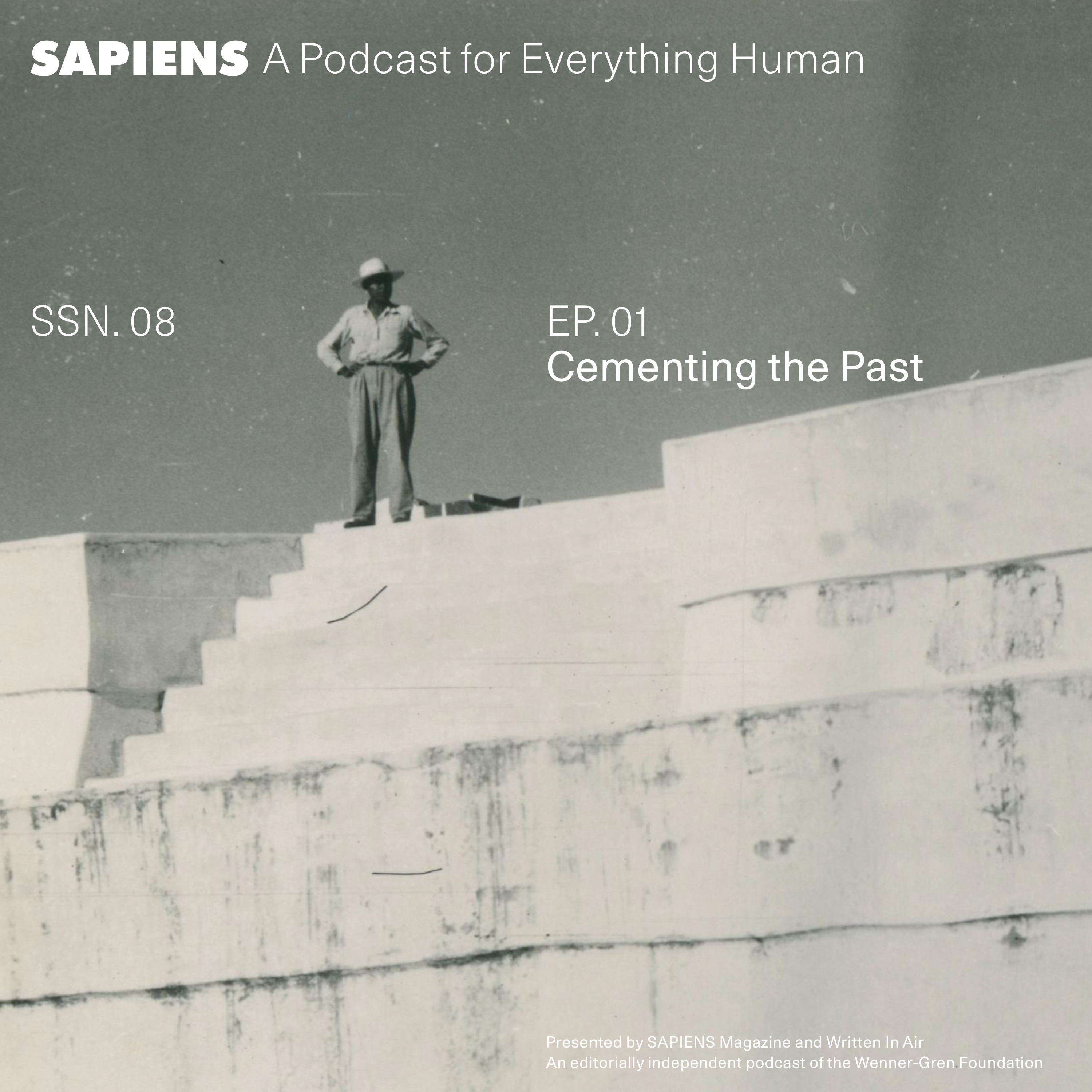
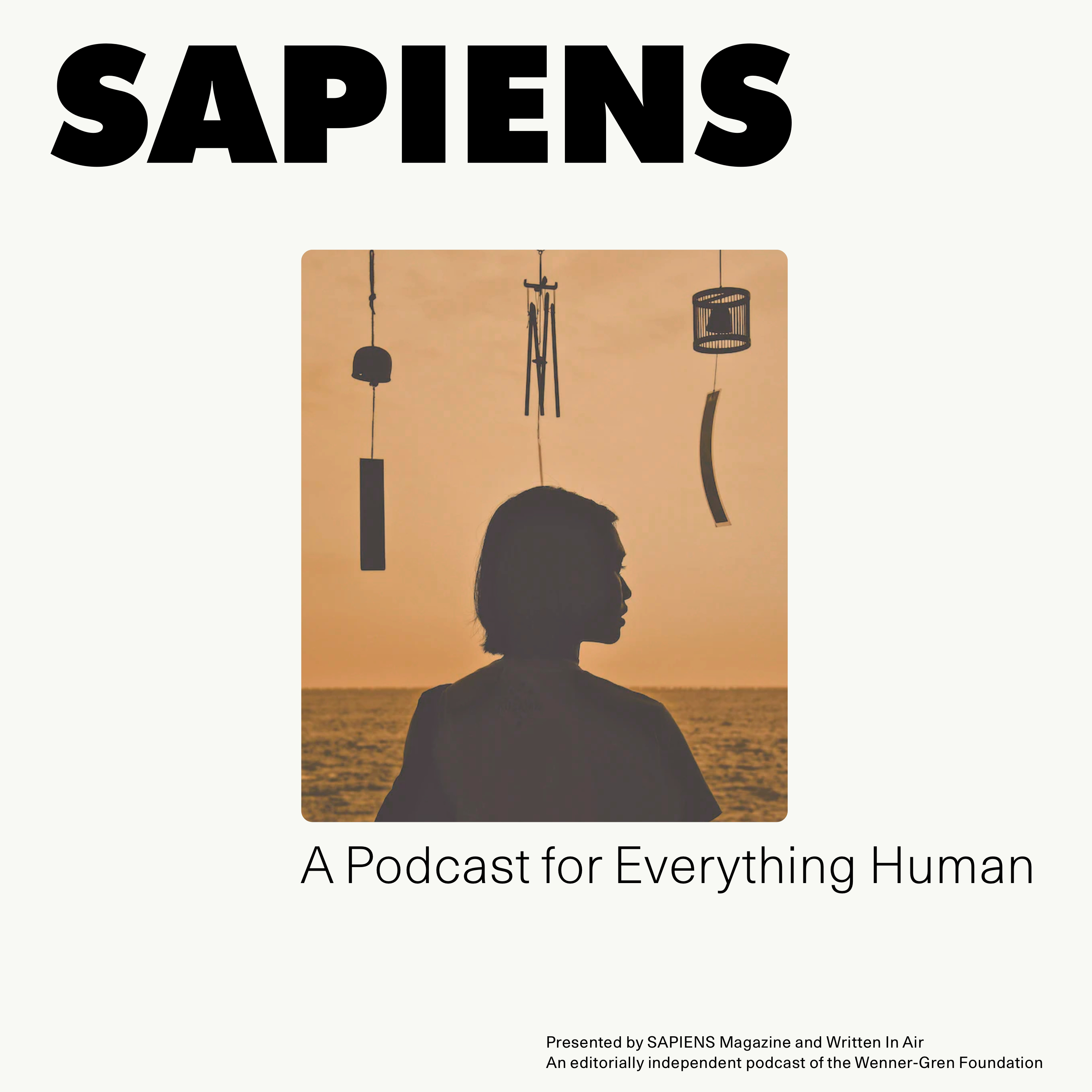
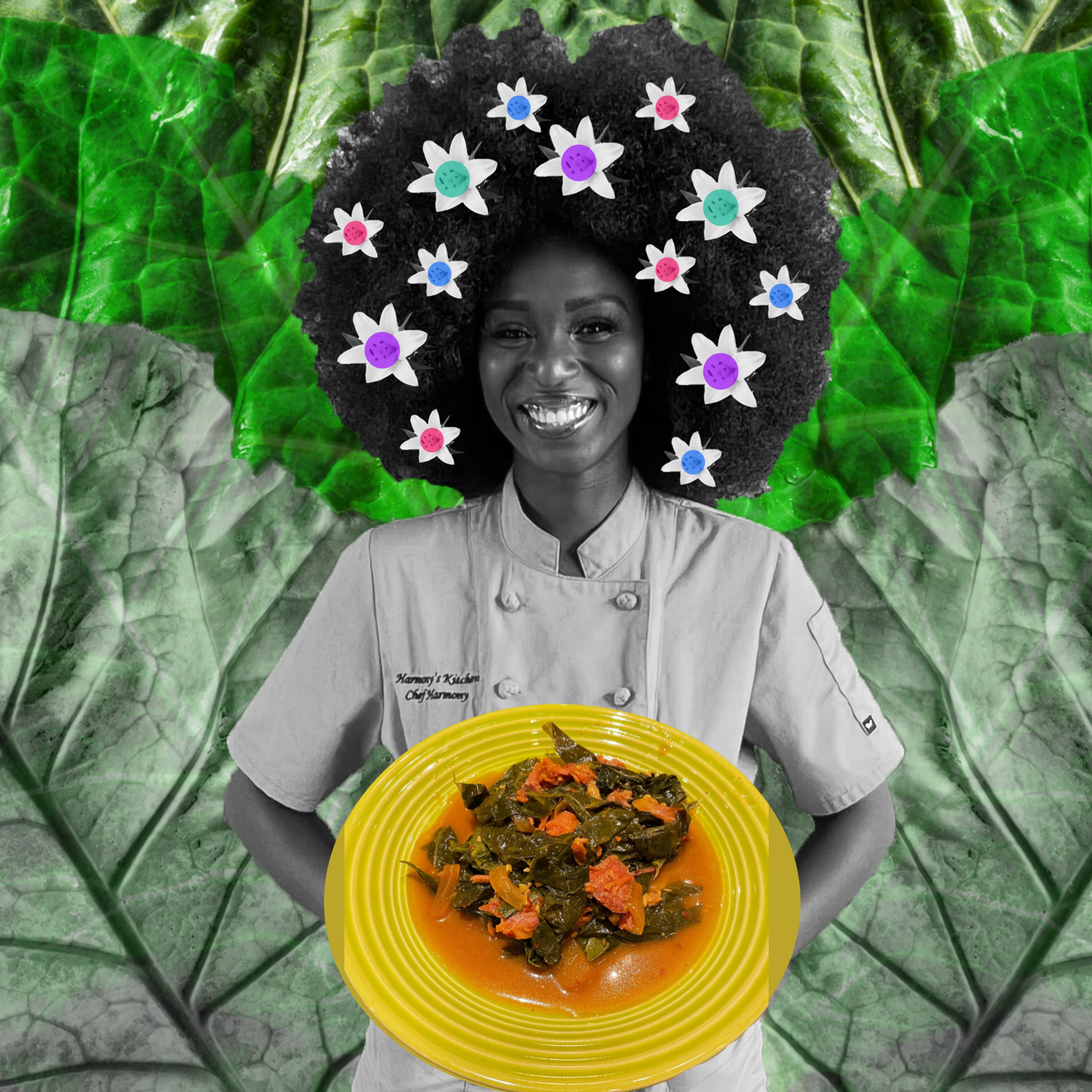
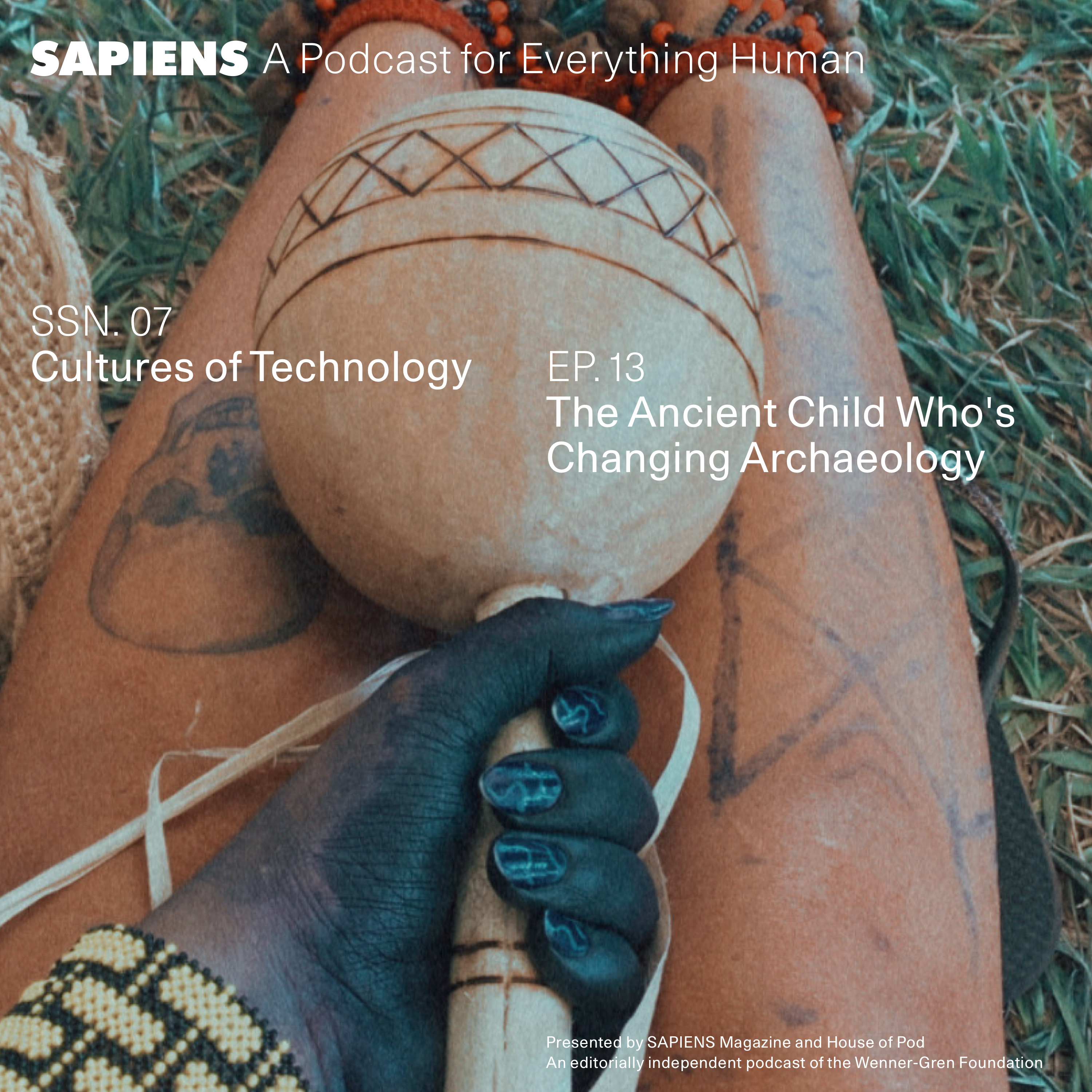
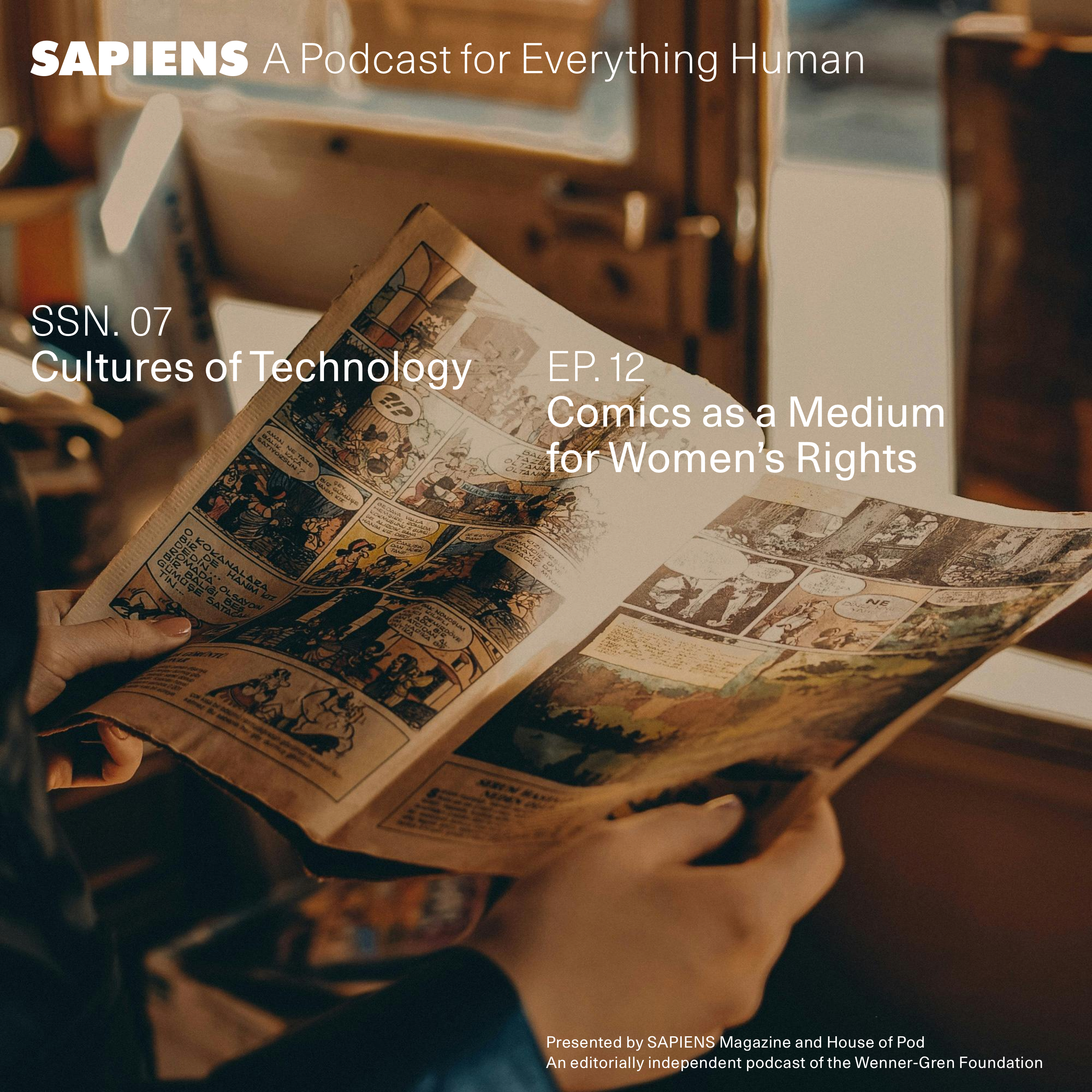
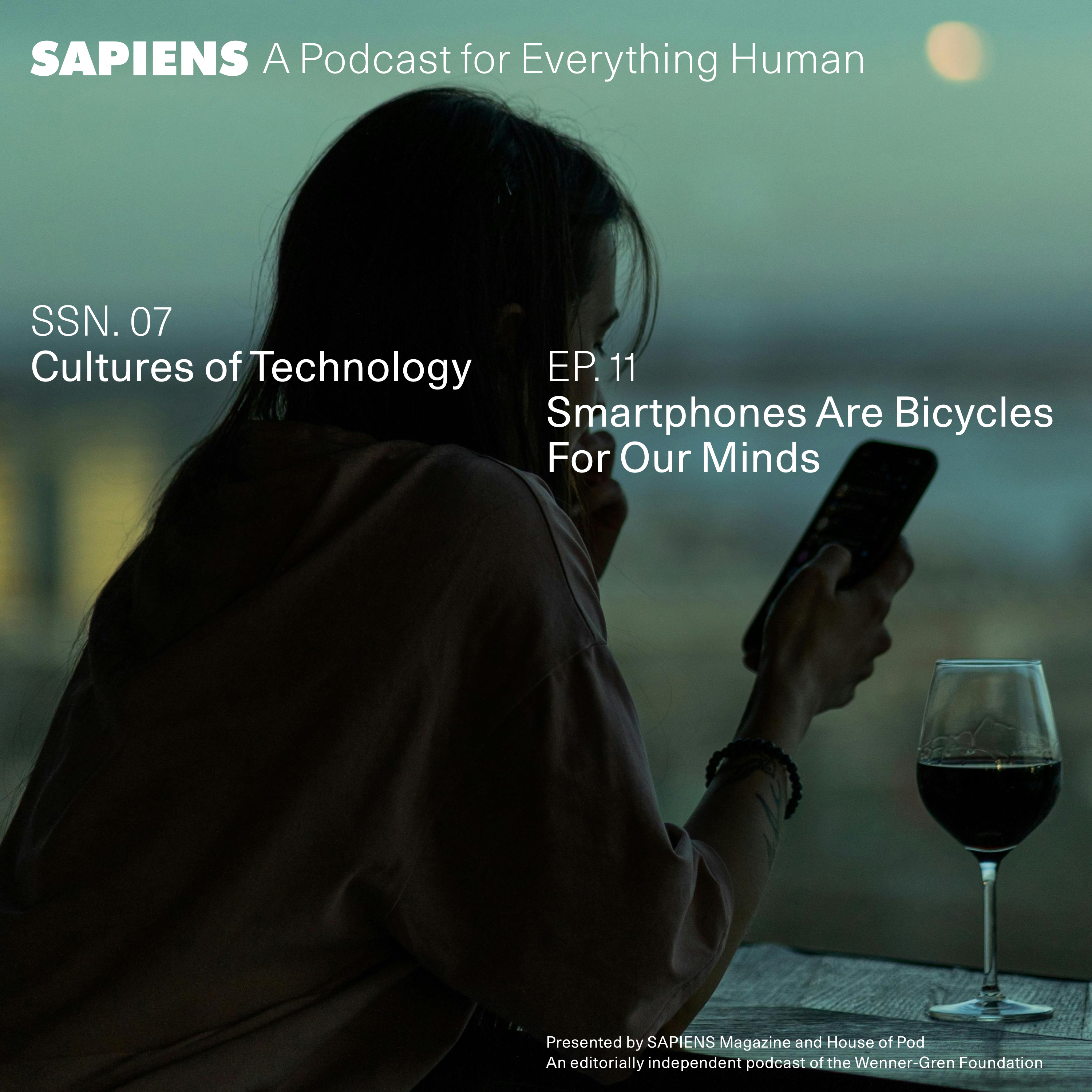
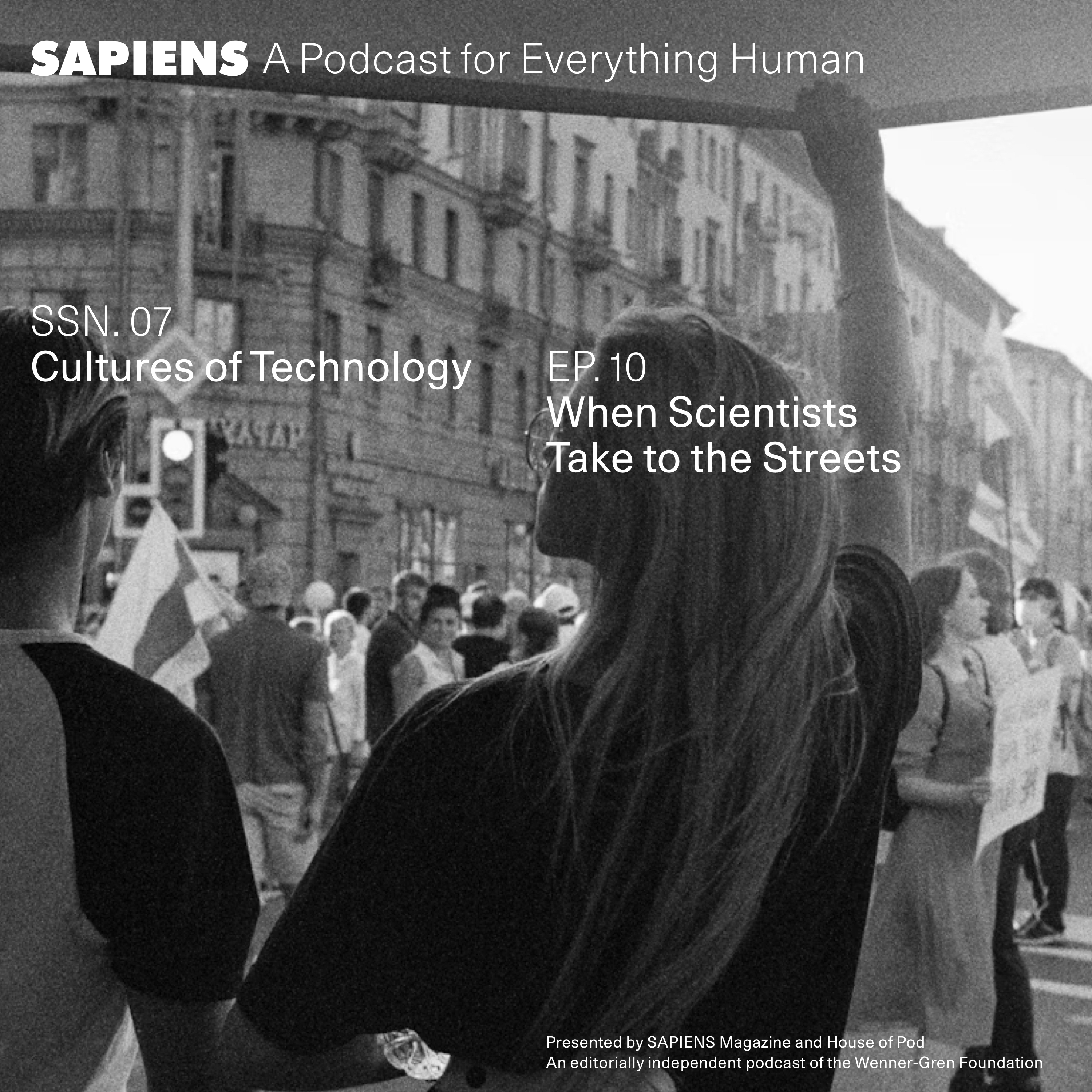
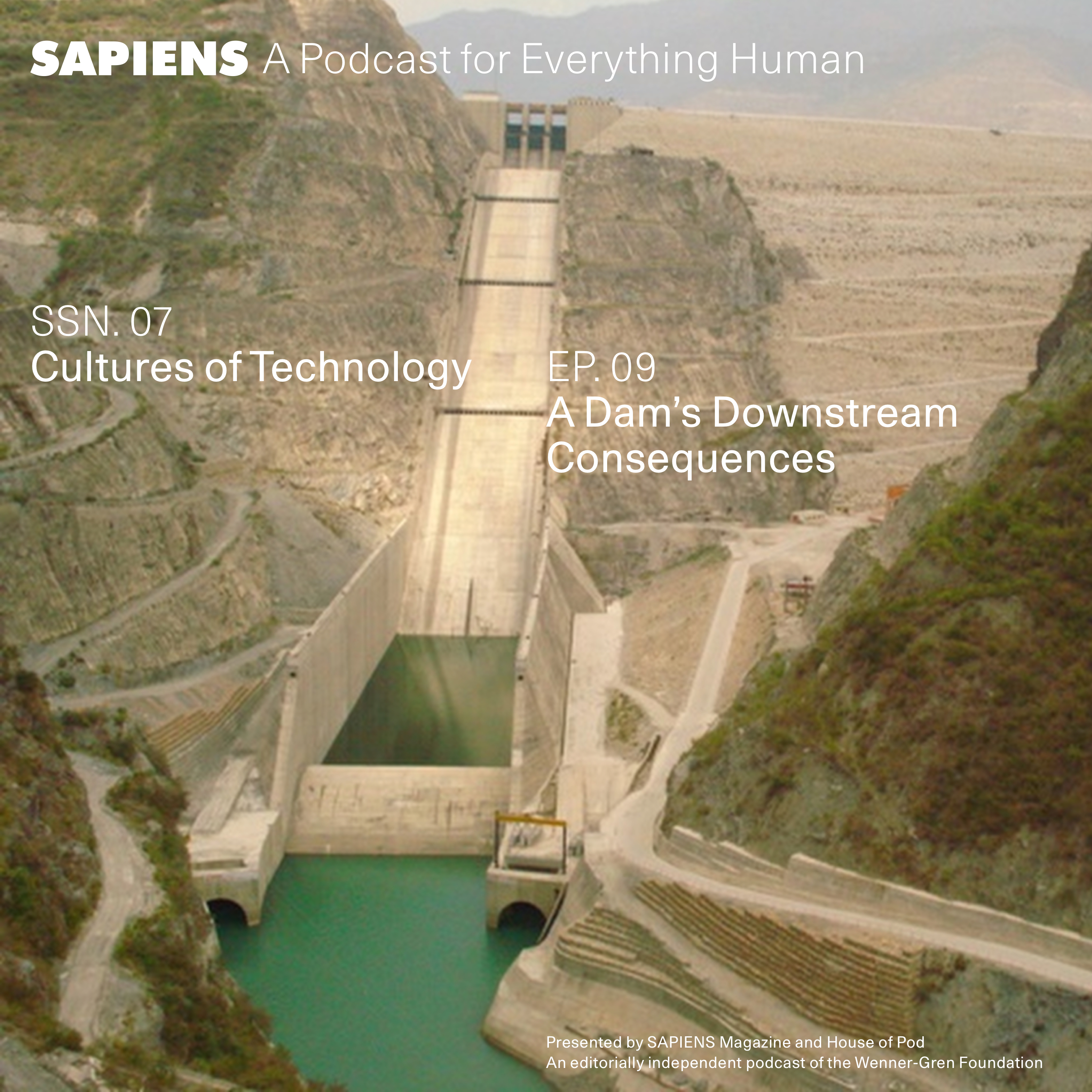

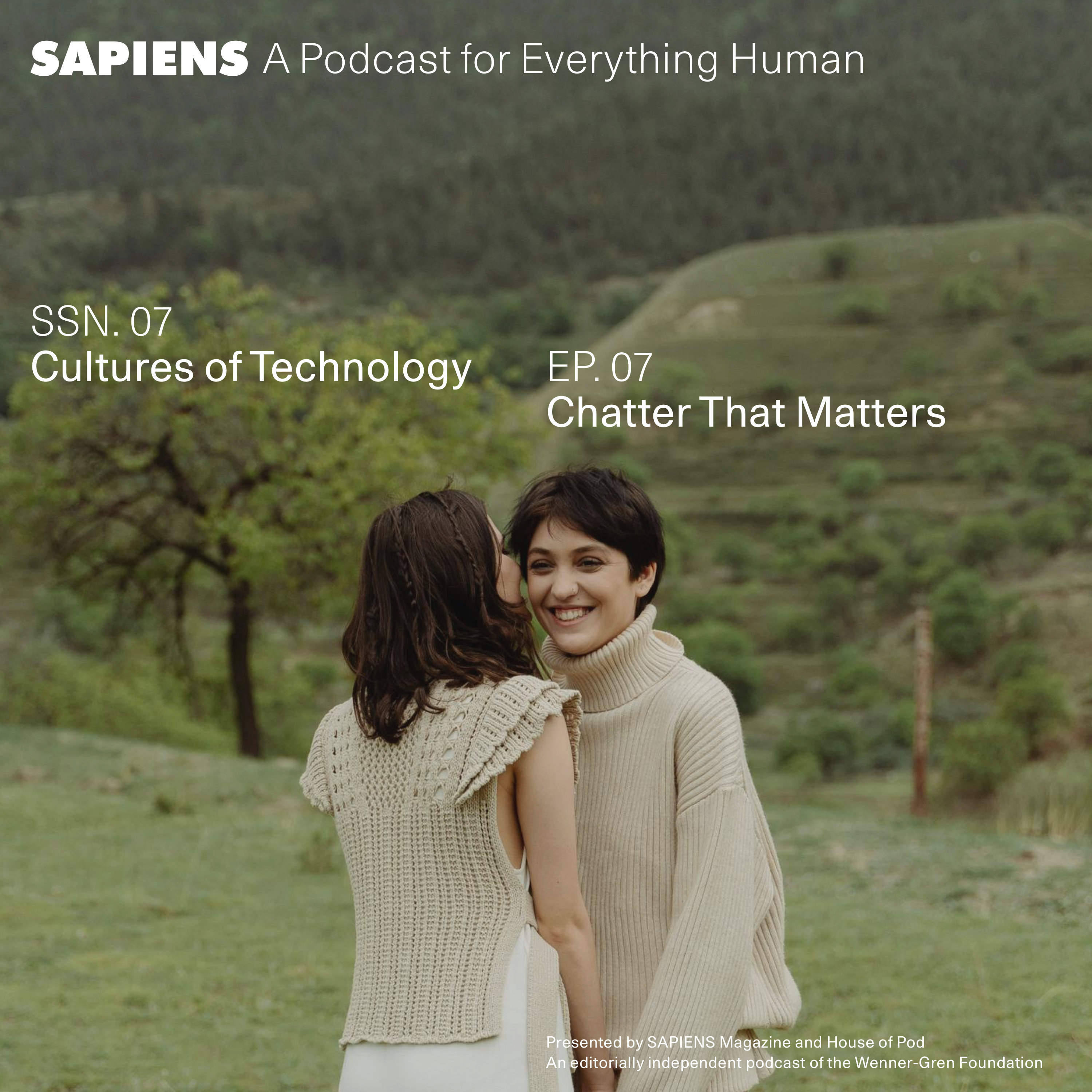
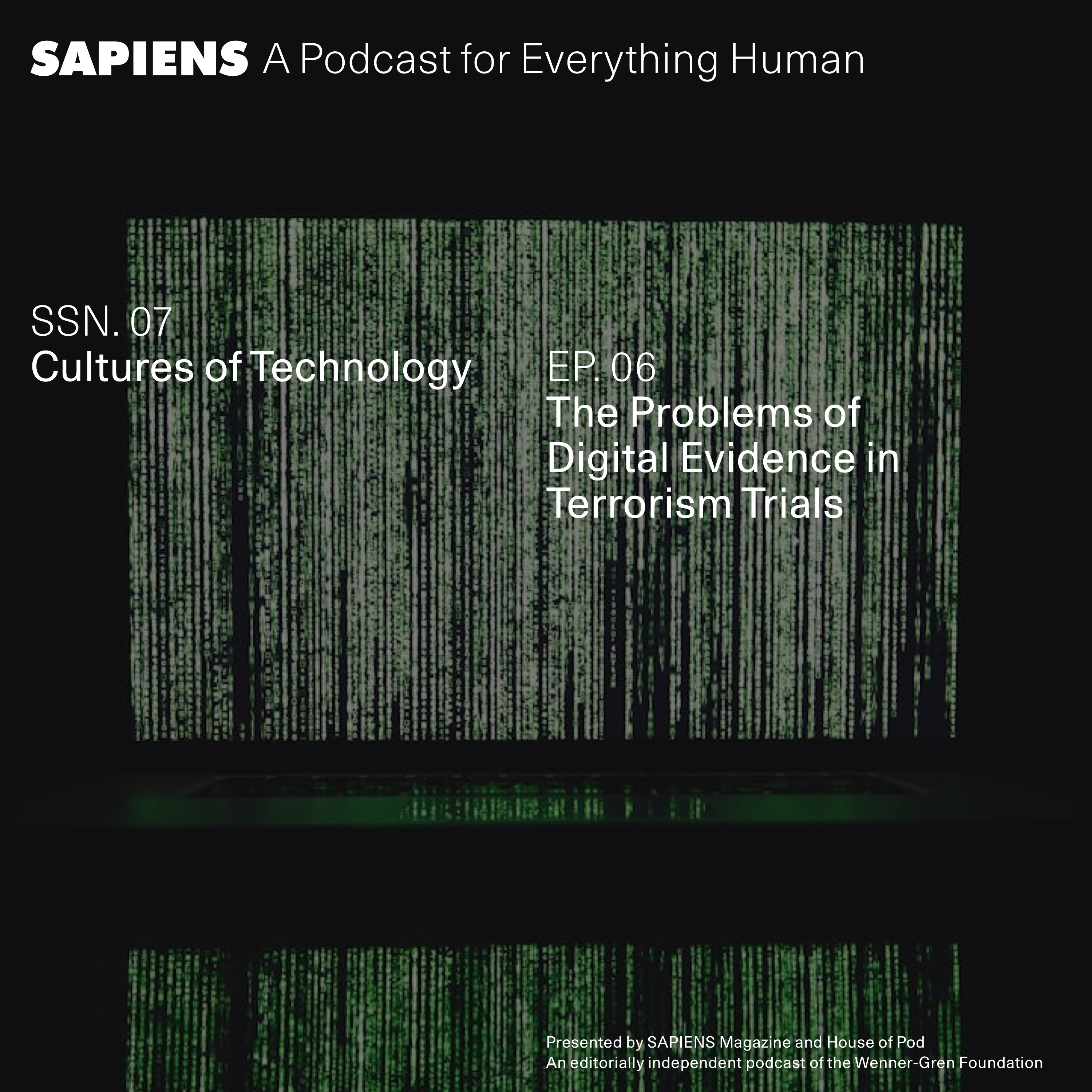





Baseball Bros IO is the best free baseball game for your browser! https://baseball-game.io
This sounds like a fascinating podcast! I'm particularly intrigued by the ethical considerations you'll likely touch upon, like the stolen skulls from Iceland. Understanding the "why" behind stories, whether they're about culinary history or deeply sensitive cultural artifacts, is crucial. It's like exploring the complex physics behind a perfect drift in a game like Drift Hunters – you need to understand all the underlying factors to truly appreciate the outcome. I'm eager to tune in and learn more. https://drifthunters3d.io
Now that the piece is over, I can say with certainty that I like the subject https://ageofwargame.io
ことのはたんご - 日本語版 Wordle。https://kotobadeasobou.com/言葉で遊ぼう!毎日挑戦する単語パズルで、日本語の楽しさを体験しよう。
Online Diyetisyenhttps://www.dytiremcevik.com/online-diyet/Günümüzde sağlıklı yaşam ve beslenme konuları giderek daha fazla önem kazanıyor. Bu bağlamda online diyetisyen hizmetleri, bireylerin sağlıklı beslenme alışkanlıklarını geliştirmesine yardımcı olmak için etkili bir yöntem sunuyor. Bu hizmetlerden biri de diyetisyen İrem Çevik’in sunduğu online danışmanlık programıdır.
Haartransplantation istanbul https://bankofhair.de/Die Haartransplantation ist eine der wirksamsten Methoden zur Bekämpfung von Haarausfall und zur Wiederherstellung des natürlichen Haares. Bankhairof in Istanbul ist für seine hochwertigen medizinischen Dienstleistungen bekannt und bietet eine erstklassige Lösung für alle, die unter Haarausfall leiden.
Trabzon lazer epilasyon Merkezi https://www.drebruulu.com.tr/lazer-epilasyon/ Lazer epilasyon yaptırmadan önce, uygulamanın profesyonel ellerde yapılması son derece önemlidir. Dr. Ebru Ulu’nun uzmanlığıyla, cilt tipinize ve kıl yapınıza en uygun cihaz seçilir ve size özel bir tedavi planı oluşturulur. Yüksek teknolojili lazer cihazları ile yapılan işlemler, minimum rahatsızlıkla maksimum etki sağlar. Kıl kökleri hedef alınırken, çevredeki cilt dokusu korunur ve seanslar sonrasında pürüzsüz bir cilde kavuşursunuz.
This is nice series. I like hearing castbox when I drive my car. https://burrito-craft.com
Wow, What an excellent post. I actually found this for many informatics. https://burrito-craft.com
Wow, What an excellent post. I actually found this for many informatics. https://burrito-craft.com
The article about is very useful, thank you for sharing! https://games-online.io/
Thanks for sharing your experience!
Wow, What an excellent post. I actually found this for many informatics. That’s what I’m looking for. Affirmation is the best article. Online Games
This is a really great article, I think it's a more special pleasure to listen to it. https://basketballlegends.fun/tap-tap-shots
It looked like a promising trace but 5 yrs later, there's no working mine, let alone a mother lode. So, any follow-up tunnels must've just dead ended or caved in fast...
Awesome blog. I enjoyed reading your articles. This is truly a great read for me. I have bookmarked it and I am looking forward to reading new articles. Keep up the good work! https://stumble-guys.net
This is nice series. I like hearing castbox when I drive my car. https://papaspizzeria.io/
Thanks for the very good episode. 👍👌 And so interesting, on how we all are so interconnected, on this planet.
Do you got "The Covid blues" ? (^^,) Are you hungry in history of baking.? Then this is episode and website for you. "Tavola Mediterranea" look under Menu for more. https://tavolamediterranea.com/2020/08/30/pliny-elder-chickling-vetch-sourdough-bread-starter/ Or have a look see here. (^^,) https://m.youtube.com/channel/UCZ2Z7kfVqccGWAtZN6Scq4g/videos Health
this podcast isnt what it says it is. 2/5